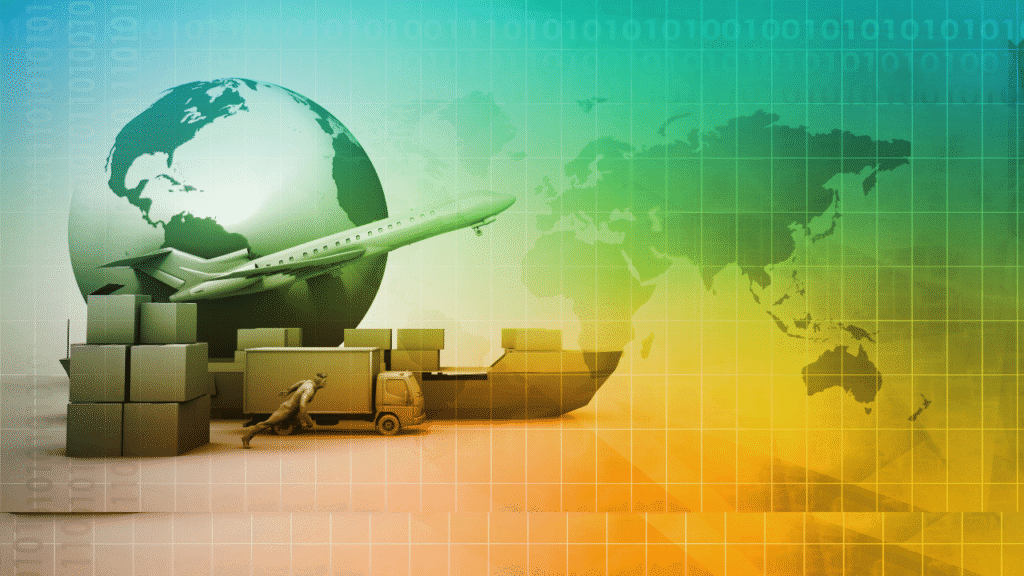AI, by nature futuristic, has begun to influence the real picture of industries across the globe. An instance would be logistics and supply chain. Warehouse automation, real-time tracking, and predictive analytics for improvement- such things would contribute toward efficiency improvement and cost reduction within logistics and ultimately to more satisfied customers.
What is AI in Logistics and Supply Chain?
AI entails some sort of machine learning models and robotic capabilities for the purpose of simplifying supply chain operations through natural language processing and other AI technologies. They look at large data sets for expected benefits, optimization of delivery routes, automation of repetitive tasks, and decision-making through transactions aided by enhanced data analysis through such technologies.
Key Applications of AI in Logistics and Supply Chain.
1: Demand forecasting:
AI forecasts demand tomorrow while analyzing historic data, market trends, and customer behaviors. It ensures optimum stock levels are maintained while reducing wastage and enhancing order fulfillment.
2. Warehouse automation:
AI robots and autonomous systems are mainly used in warehouses to perform sorting, packing, and goods transportation tasks. The result is an increase in efficiency and safety, as human errors have been reduced, therefore shortening development time.
3: Route Optimization:
AI algorithms carry out iterative assessments of the delivery routes using real-time traffic data, weather conditions, and consumption estimates to ensure faster delivery and lower operational costs.
4: Predictive Maintenance:
IoT with AI model sensors can now operate in real-time to assess asset health and predict failure status way ahead of its occurrence, thereby curbing costly downtime and reducing maintenance costs.
5: Supply Chain Visibility:
AI tools can provide full visibility into the supply chain from instant pushdown about a shipment to delayed delivery or any other disturbance, thus increasing the chances of better planning and response interventions.
Advantages of AI in Logistics and Supply Chain
- Reduction in Cost: Usually, handling repetitive operations can reduce the costs almost completely by reducing labor costs and operational inefficiencies, besides lowering overall expenditures.
- Speed and Accuracy: Speedier times with lower errors for shipments and orders.
- Flexibility: AI solutions quickly adapt to increased demand and other challenges in logistics.
- Environmental Suits: It will have a smaller carbon footprint through optimization of the route and waste management.
Challenges and Considerations
- Data Privacy: Data security is one of the most crucial aspects while integrating the AI system.
- Initial Cost: Most small firms are deterred from investing in those up-front costs.
- Qualified Workforce: Skilled personnel are required to implement and manage AI solutions seamlessly.
Future Trends
A further advancement in AI is likely to bring:
- The merging of AI with the Internet of Things (IoT) for real-time monitoring.
- A further surge in the usage of Generative AI towards dynamic scenario planning.
- Expansion in autonomous delivery systems, which can be either drones or self-driving trucks.
Conclusion
AI was a fresh topic in logistics and supply chain management; now, it is a sure business necessity if any firm hopes to survive under this increasingly complicated, fast-moving market. AI followers today would surely lead to a bright AI future for smarter, greener, customer-friendly supply chains.
FAQs About AI in Logistics and Supply Chain
Q1: How does AI improve supply chain efficiency?
A1: AI has improved the facets of automating processes, forecasting demand, and enabling real-time analytics in operations to speed and reduce costs.
Q2: AI is taking away jobs from humans in logistics.
A2: AI is changing the nature of jobs rather than eliminating them. Automating repetitive assignments frees people up for value-added activities such as strategy and problem-solving.
Q3: What supply chain management companies are employing AI?
A3: Big names in the industry, such as Amazon, DHL, FedEx, and Maersk, also use it for AI-driven inventory management, routing, and predictive analyses.
Q4: Can AI used in logistics be beneficial for small businesses?
A4: For sure. Scaling and cost-effectiveness are achieved even by an SME with today’s cloud-based AI solutions and SaaS platform-based deployments.
Q5: What is the future of AI in Logistics and Supply Chain?
A5: The future is all about automating supply chains and achieving real-time global visibility, improving predictive risk management for smoothing out effects in the agile and resilient supply chain.



